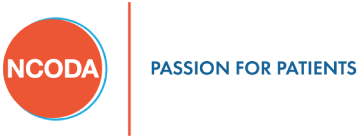Author: Sharita Howe, PharmD, Associate Director of Partner Development & Strategy
The oncology community faces a mounting crisis as essential chemotherapy drugs become alarmingly scarce across hospitals and clinics nationwide. This shortage gravely threatens cancer patients who rely on timely and effective chemotherapy, a crucial determinant of treatment success. For many patients, access to these medications means the difference between life and death, underscoring the urgency for action from pharmaceutical companies, policymakers, and healthcare providers alike. The coordinated efforts of these stakeholders are essential to secure stable, reliable supplies of these life-saving drugs.
A recent survey highlights the severity of the issue, showing that 93% of cancer care sites report shortages of carboplatin, a vital platinum-based chemotherapy drug, while 70% are facing shortages of cisplatin, another essential chemotherapy agent. These drugs are foundational in treating cancers such as breast, gynecologic, testicular, head and neck, and bladder cancer. For many patients, even one missed dose can disrupt treatment, risking progression of the disease and worsening outcomes with life-threatening implications. The absence of these cornerstones in cancer treatment protocols has far-reaching and devastating consequences, both medically and emotionally, for patients and their families.
At the heart of this crisis lies the vulnerability of the generic drug market. Chemotherapy agents like carboplatin and cisplatin are off-patent and typically manufactured by only a few producers who operate on narrow profit margins. When any one of these manufacturers experiences production setbacks—whether due to quality control issues, plant closures, or supply chain disruptions—the entire market feels the impact. This limited production capacity creates a fragile supply chain, where even minor disruptions can lead to prolonged and widespread shortages.
For oncologists and healthcare providers, these shortages have led to agonizing decisions. They are often forced to ration limited drug supplies, reduce dosages to stretch availability, or use less effective substitute treatments. Such measures inevitably compromise patient care, leading to suboptimal outcomes and increased emotional and psychological strain for patients who already face the uncertainties of cancer treatment.
While short-term interventions by the FDA and nonprofits have offered temporary relief—such as authorizing the import of unapproved medications and issuing alternative treatment guidelines—these solutions only address the immediate crisis. Without tackling the underlying systemic vulnerabilities in the production and distribution of generic drugs, the potential for future shortages remains high.
Adding to the oncology drug shortage, a recent IV fluid scarcity has further strained healthcare facilities. Triggered by a recent hurricane that disrupted supply lines, this shortage impacts essential hydration and medication administration in chemotherapy and other critical care settings. IV fluids play a vital role in the treatment and support of cancer patients, who often need fluid replacement to manage chemotherapy’s side effects. The hurricane-related disruption serves as a reminder of how natural disasters and unforeseen events can exacerbate existing vulnerabilities in healthcare supply chains. The compounded impact of both chemotherapy and IV fluid shortages places additional burdens on healthcare providers, who must navigate increasingly limited resources to deliver effective patient care.
Addressing these compounded crises demands a resilient, long-term strategy. Solutions must involve strengthening domestic production of generic drugs and vital medical supplies, ensuring that manufacturers can maintain inventory without significant price pressures. Additionally, creating contingency plans for supply chain disruptions—such as stockpiling or diversifying suppliers—could help healthcare systems better withstand unexpected disasters. Without these structural changes, critical drug and supply shortages will likely continue to challenge the oncology community, threatening the stability and quality of care that cancer patients desperately need.










